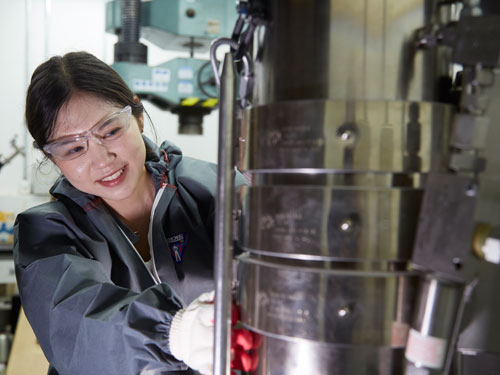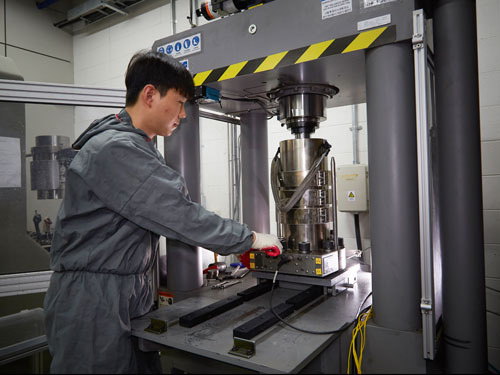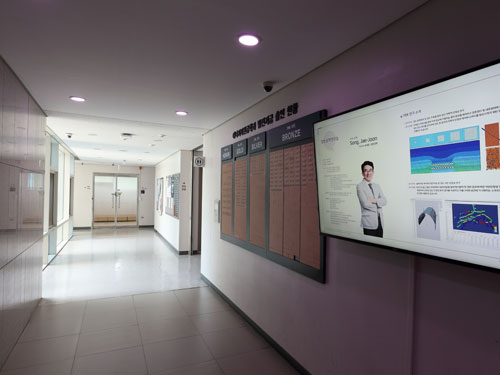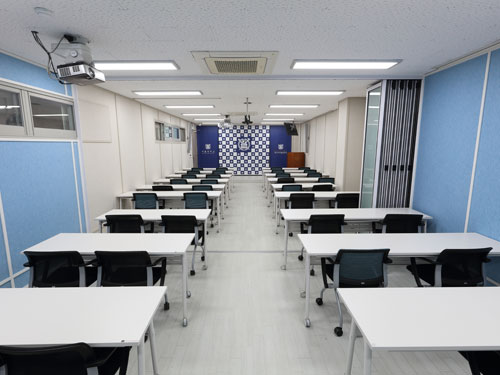- About
- Academics
-
Undergraduate Programs
- Civil and Environmental Engineering
- Architecture and Architectural Engineering
- Mechanical Engineering
- Industrial Engineering
- Energy Resources Engineering
- Nuclear Engineering
- Materials Science and Engineering
- Electrical and Computer Engineering
- Naval Architecture and Ocean Engineering
- Computer Science and Engineering
- Aerospace Engineering
- Chemical and Biological Engineering
-
Graduate Programs
- Civil and Environmental Engineering
- Architecture and Architectural Engineering
- Mechanical Engineering
- Industrial Engineering
- Energy Systems Engineering
- Materials Science and Engineering
- Electrical and Computer Engineering
- Naval Architecture and Ocean Engineering
- Computer Science and Engineering
- Chemical and Biological Engineering
- Aerospace Engineering
- Interdisciplinary Program in Technology, Management, Economics and Policy
- Interdisciplinary Program in Urban Design
- Interdisciplinary Program in Bioengineering
- Interdisciplinary Program in Artificial Intelligence
- Interdisciplinary Program in Intelligent Space and Aerospace Systems
- Chemical Convergence for Energy and Environment Major
- Multiscale Mechanics Design Major
- Hybrid Materials Major
- Double Major Program
- Open Programs
-
Undergraduate Programs
- Research
- Campus Life
- Communication
- Prospective Students
- International Office
- HOME
- Academics
- Undergraduate Programs
- Energy Resources Engineering
- Civil and Environmental Engineering
- Architecture and Architectural Engineering
- Mechanical Engineering
- Industrial Engineering
- Energy Resources Engineering
- Nuclear Engineering
- Materials Science and Engineering
- Electrical and Computer Engineering
- Naval Architecture and Ocean Engineering
- Computer Science and Engineering
- Aerospace Engineering
- Chemical and Biological Engineering
Energy Resources Engineering
 ChairChung, Eunhyea
ChairChung, Eunhyea Tel02-880-7219
Tel02-880-7219

Introduction
Energy resources such as petroleum, coal, and natural gas, and mineral resources such as iron, copper, and uranium, are all necessities for economic development. However, because of limited resources, many countries are working toward stable, secure procurement of these resources. With the development of China and India in the 21st century, the demand for these energy and mineral resources has abruptly increased. Because the entire world is concerned about this matter, it is now crucial to secure the technology necessary to lead energy resource development and foster talent in this global community in order to manage a complex supply and demand strategy. The department tries to lead the industry by overcoming the lack of supply and the environmental problems arising from resource consumption.
The Energy Resources Engineering curriculum concentrates on the following in order to meet the future demands of society: fossil fuels, renewable energy, exploration and development of mineral resources, resource storage, recycling, and distribution, economic policies regarding energy, and other areas of environmental change.
Career Opportunities
Graduates enter government divisions, public corporations, universities, research institutes, and other companies. The following organizations typically employ students who earn degrees in this department.
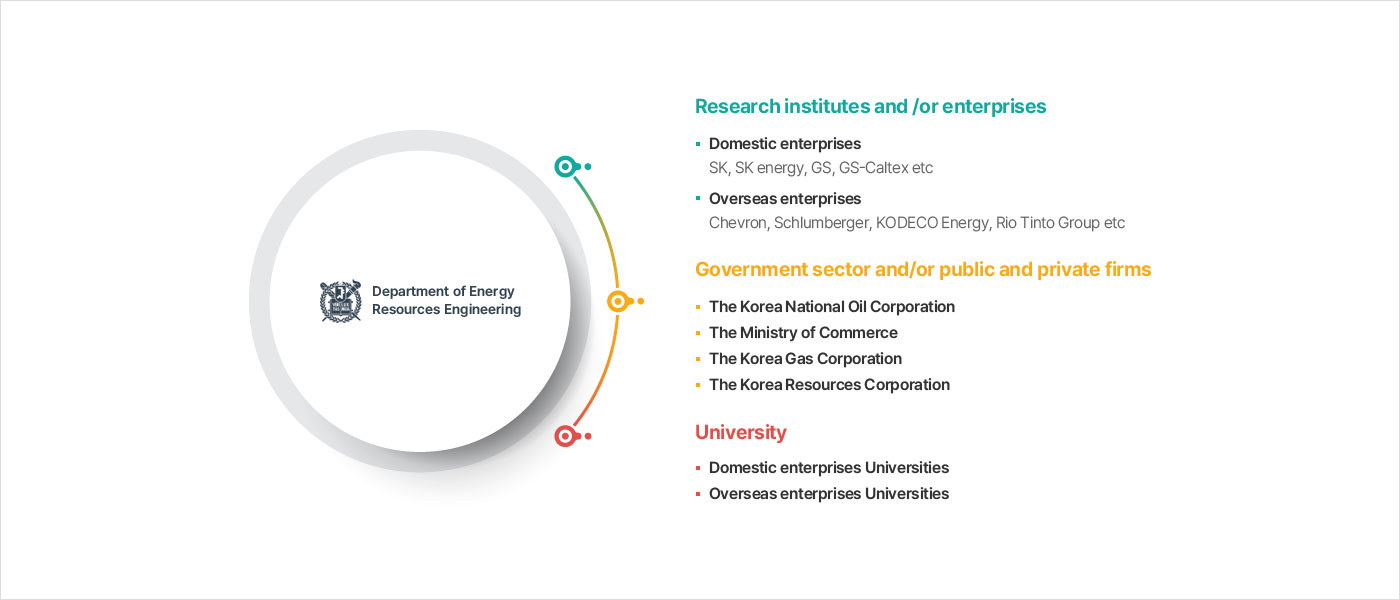
Research Areas
Majors in the Department of Energy Resources Engineering are divided into four main topics: energy resource systems, new energy source/mineral resource exploration and development, the geological environment and human living environment, and construction foundations. The research areas in each major are listed below.
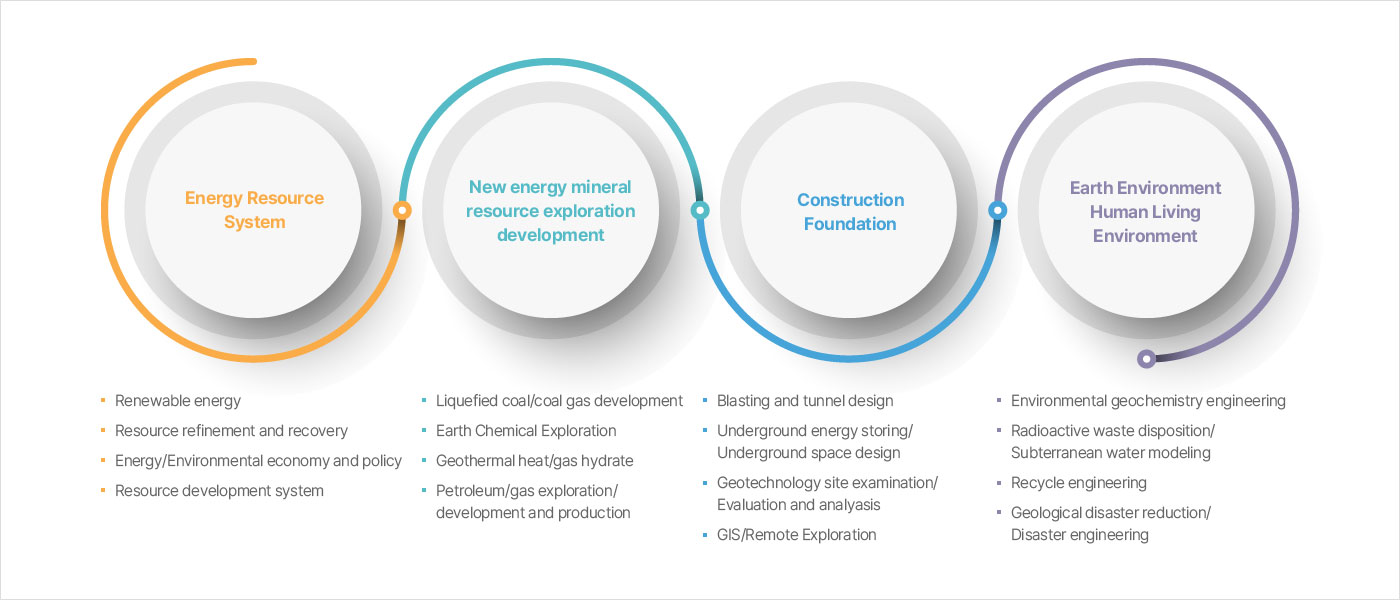
- Energy Resource Systems
- New Energy/Mineral Resource Exploration and Development
- Geological and Human Environment
- Construction Foundations
